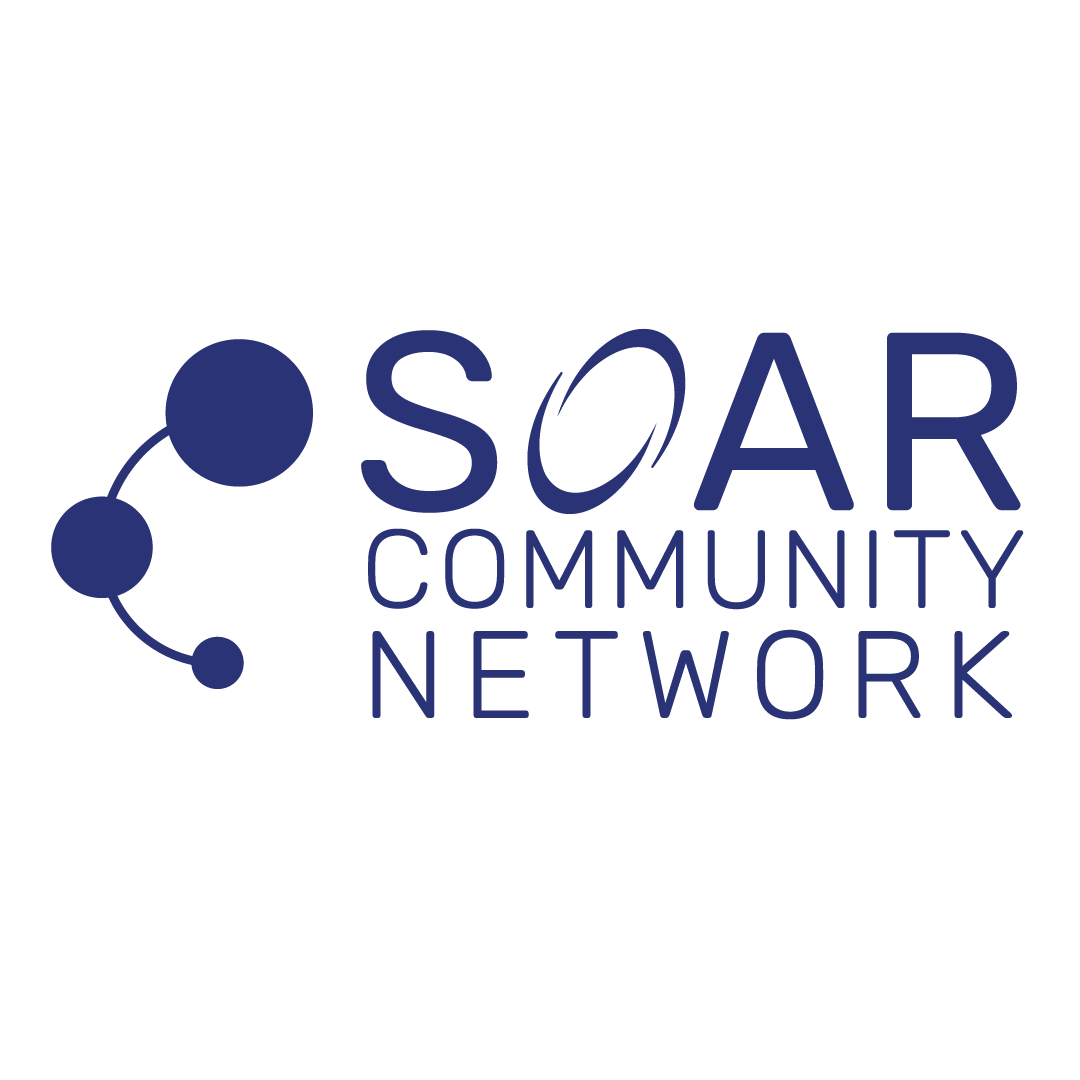Introduction
Early-career professionals often find themselves navigating high expectations without a clear development path. They may be bright, driven, and eager to contribute, yet unsure how to evolve into confident contributors and future leaders. Many organizations offer one-size-fits-all training, but younger team members crave personalized guidance, mentoring, and purposeful growth.
Without a plan that connects their development to their values, behavioral strengths, and team role, emerging leaders can lose motivation, stall in their progress, or seek growth elsewhere.
Leadership potential needs more than recognition. It requires intention and structured support.
Solution
Igniting potential starts by seeing young professionals as individuals, not just job titles. Development becomes far more effective when it integrates behavioral insights, mentorship, coaching, and opportunities tied to personal purpose.
At SOAR, we support early-career growth through programs that reflect our belief in compassionate leadership and cohesive team cultures. Our clients use tools and programs that include:
- Behavioral assessments to identify communication patterns, decision-making tendencies, and leadership strengths
- Coaching sessions that build confidence and emotional intelligence
- Peer mentoring experiences that foster belonging, purpose, and accountability
- Development opportunities that connect personal growth with team impact and community value
These approaches meet young professionals where they are and guide them toward where they want to grow.
Action
If your organization is ready to support its emerging leaders, here are some ways to begin:
- Begin with Behavioral Insight – Use assessments to uncover natural strengths and preferred work styles. Share results through coaching and development conversations, helping individuals better understand how they contribute to team success.
- Create Personalized Development Plans – Align development goals with both career aspirations and organizational priorities. Build plans that include technical skill-building, leadership readiness, and purposeful project work.
- Establish Peer and Mentor Support Systems – Introduce coaching circles, peer learning groups, or mentorship connections that promote guidance and shared growth. Provide young professionals with access to experienced team members who can help them navigate career decisions and team dynamics.
- Introduce Leadership Tools Early – Offer self-awareness and communication workshops that help young professionals grow leadership skills from the beginning. Don’t wait until they have a formal title. Help them lead from where they are.
Conclusion
Supporting early-career professionals with the right tools and intentional guidance is one of the most effective ways to build long-term leadership capacity. When young team members feel empowered, understood, and connected to purpose, they bring energy and creativity to every challenge.
Explore how to build future-ready leaders in your organization using behavioral insights and personalized development tools on our C3 Tools page.

